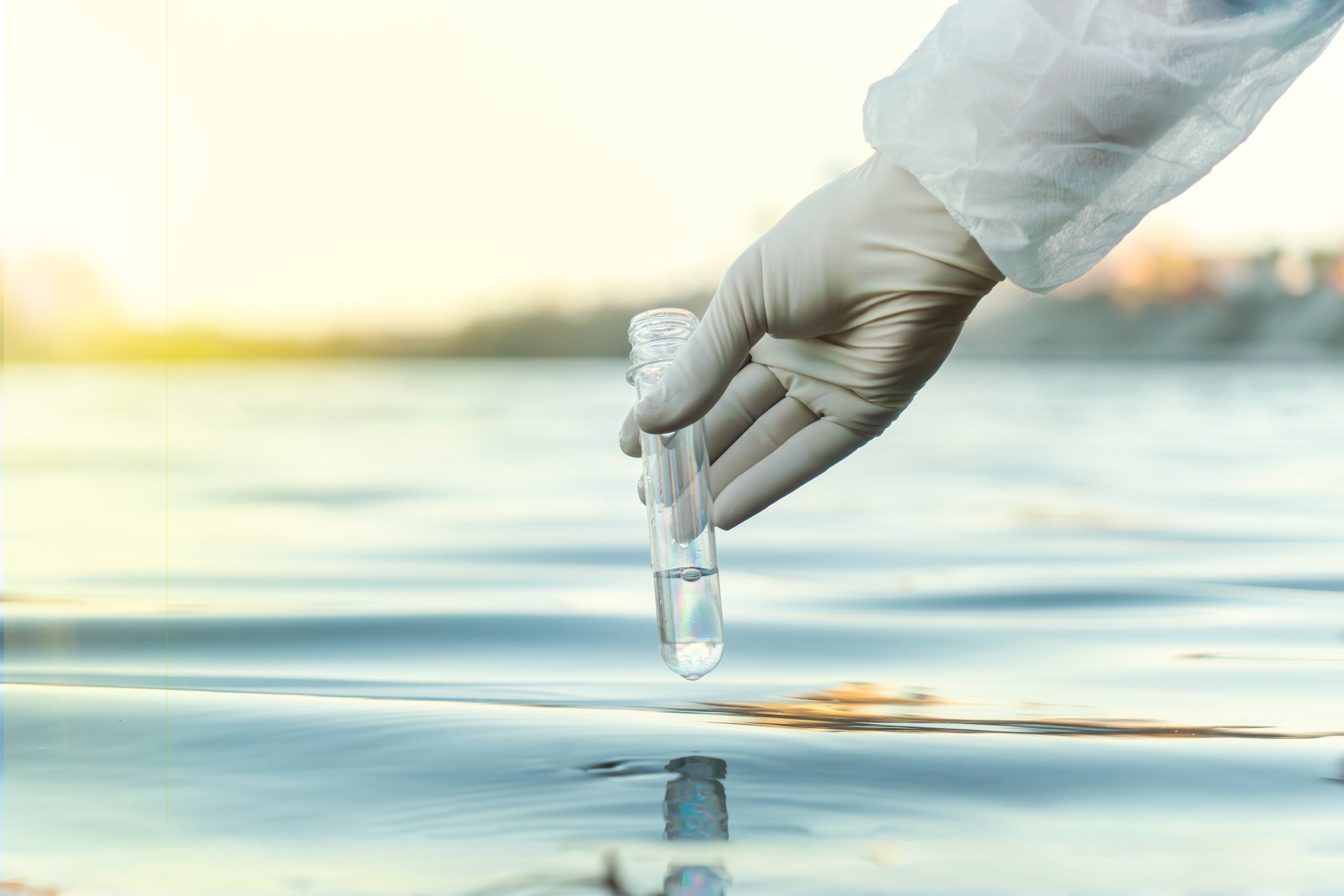Many drug candidates fail in the later stages of development due to unacceptable toxicity. These clinical trial setbacks often stem from the limited predictive power of early-stage screening models. Three-dimensional (3D) organoids offer a promising alternative, as they have the potential to improve the accuracy of in vitro assays, highlighting their value in pre-clinical testing.

Image Credit: Melnikov Dmitriy/Shutterstock.com
The most prevalent side effects of anti-cancer drugs are their toxicity to the intestine, which often restricts the dosage that can be administered to patients. In vitro assays utilizing 3D organoids can effectively assess the toxic effects of anti-cancer compounds, providing critical information throughout the drug development process.
The application of automated high-content imaging increases throughput and broadens the scope of information regarding toxicity effects, particularly in relation to complex 3D biological models.
This study demonstrates how toxic effects in intestinal organoids can be evaluated and quantified using high-content imaging.
The article presents a method developed to assess toxicity in 3D mouse intestinal organoids cultured in Matrigel domes, where the concentration-dependent phenotypic effects of 10 compounds were tested.
Download the full app note
Acknowledgments
Produced from material originally authored by Oksana Sirenko and Krishna Macha from Molecular Devices.
About Molecular Devices UK Ltd 
Molecular Devices is one of the world’s leading providers of high-performance life science technology. We make advanced scientific discovery possible for academia, pharma, and biotech customers with platforms for high-throughput screening, genomic and cellular analysis, colony selection and microplate detection. From cancer to COVID-19, we've contributed to scientific breakthroughs described in over 230,000 peer-reviewed publications.
Over 160,000 of our innovative solutions are incorporated into laboratories worldwide, enabling scientists to improve productivity and effectiveness – ultimately accelerating research and the development of new therapeutics. Molecular Devices is headquartered in Silicon Valley, Calif., with best-in-class teams around the globe. Over 1,000 associates are guided by our diverse leadership team and female president that prioritize a culture of collaboration, engagement, diversity, and inclusion.
To learn more about how Molecular Devices helps fast-track scientific discovery, visit www.moleculardevices.com.
Sponsored Content Policy: News-Medical.net publishes articles and related content that may be derived from sources where we have existing commercial relationships, provided such content adds value to the core editorial ethos of News-Medical.Net which is to educate and inform site visitors interested in medical research, science, medical devices and treatments.